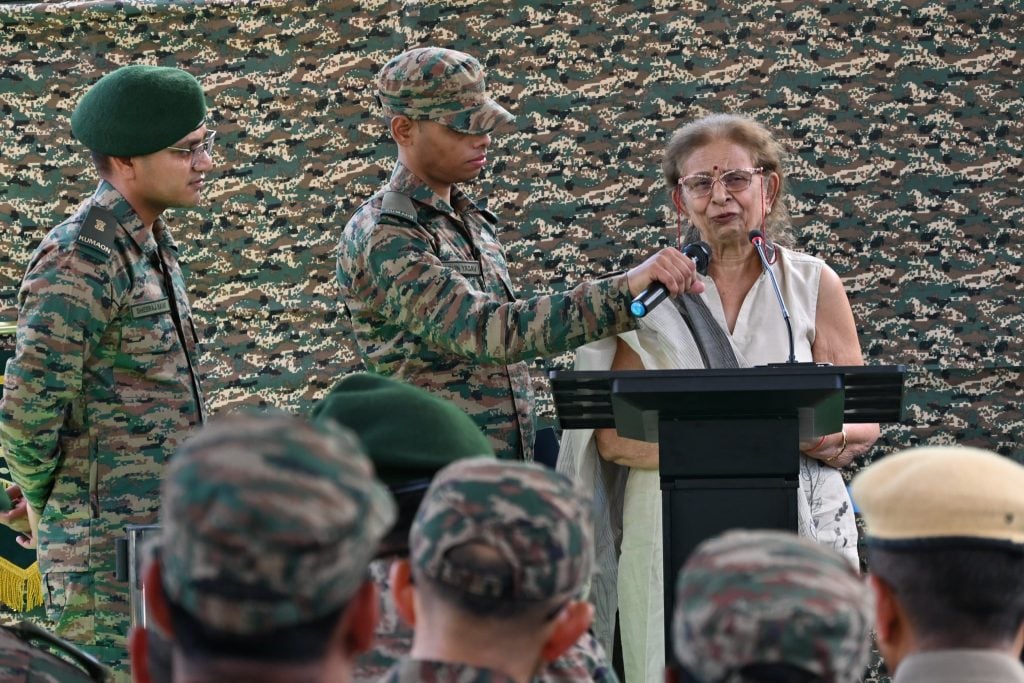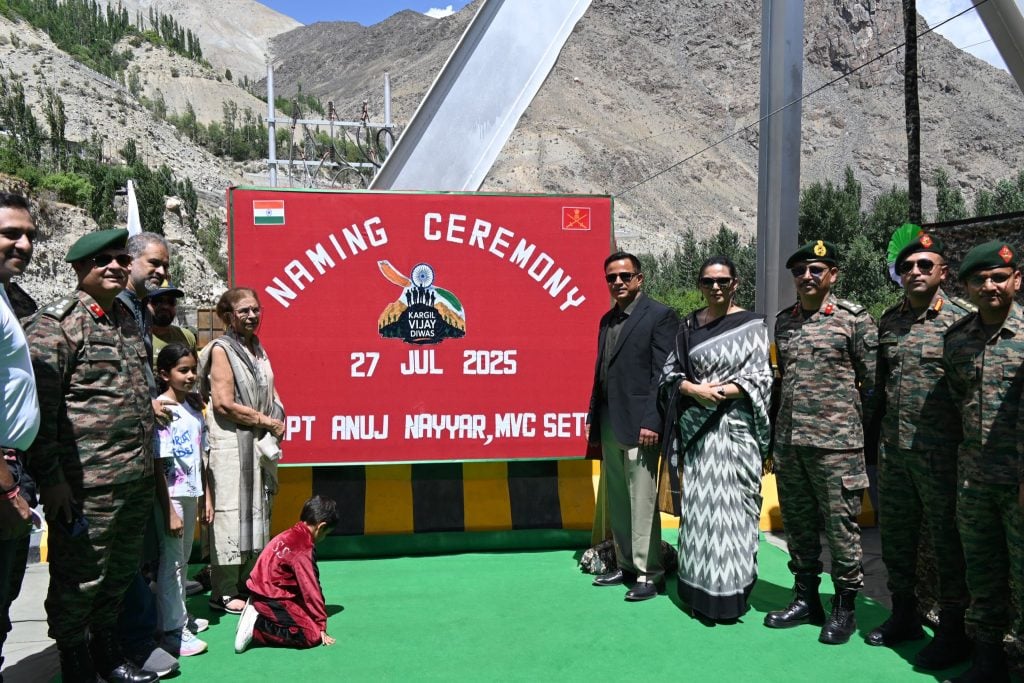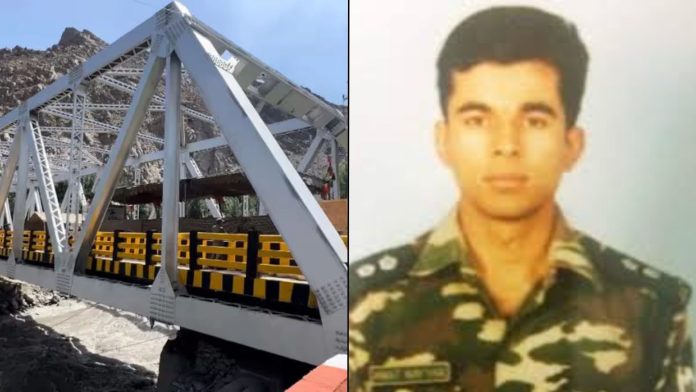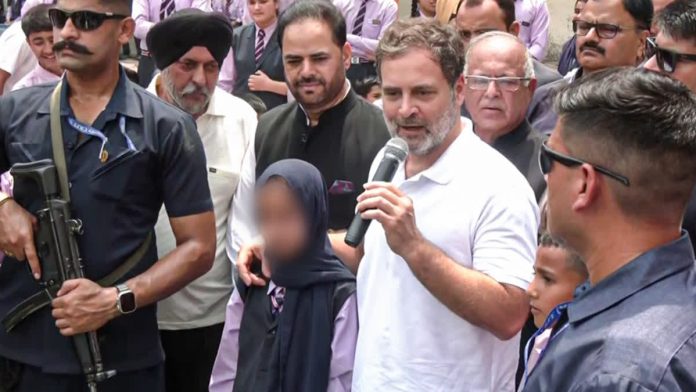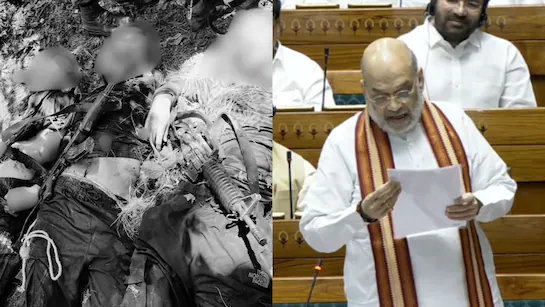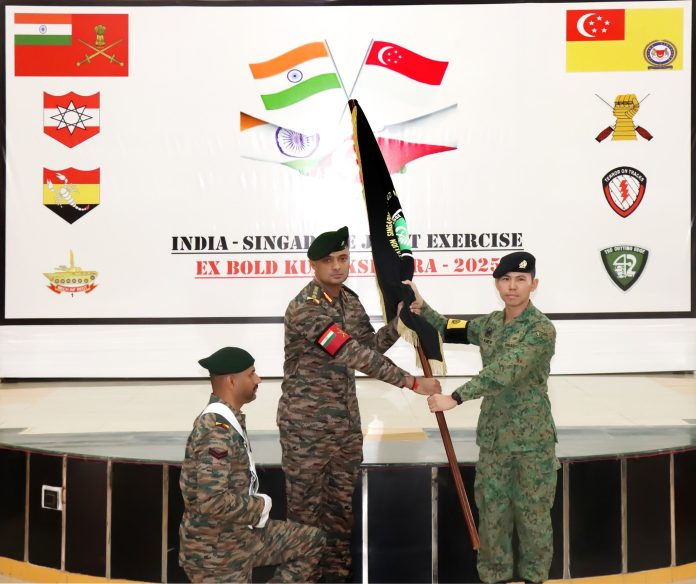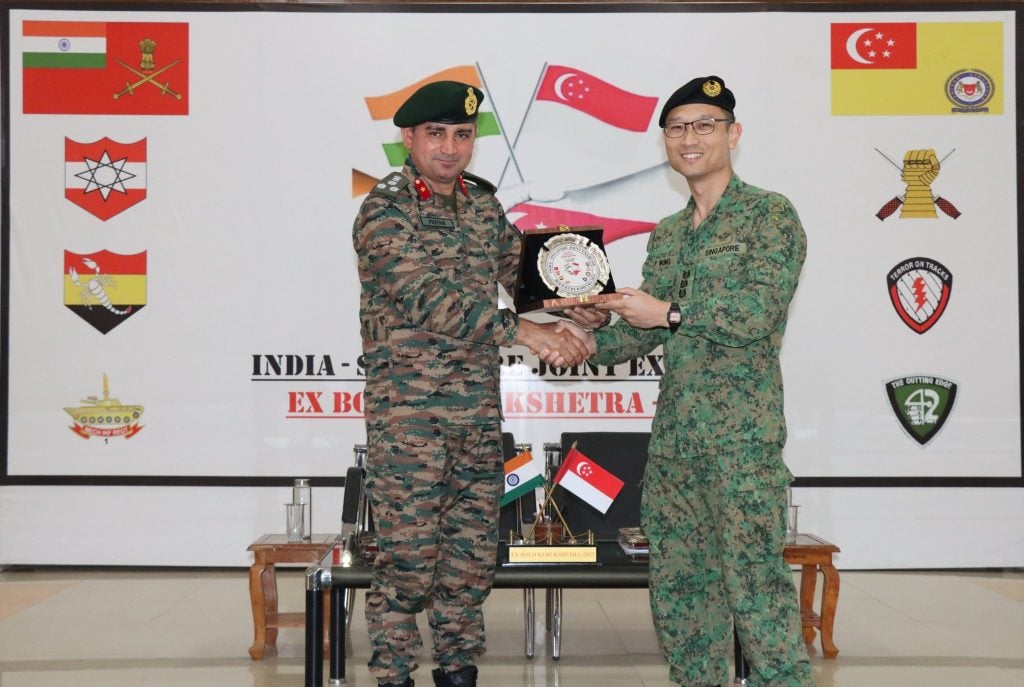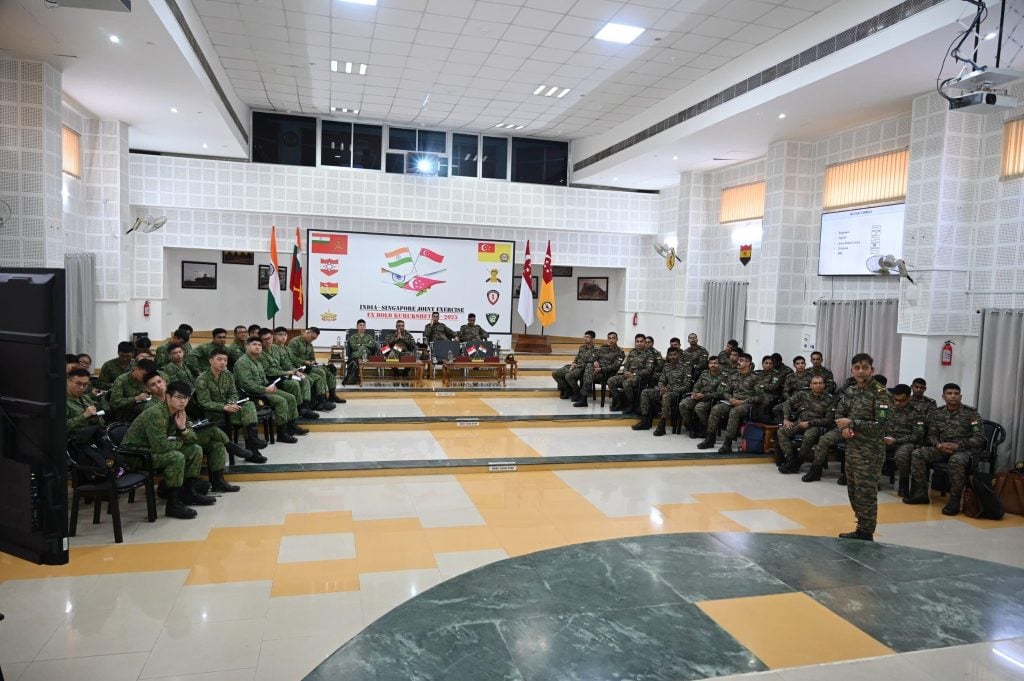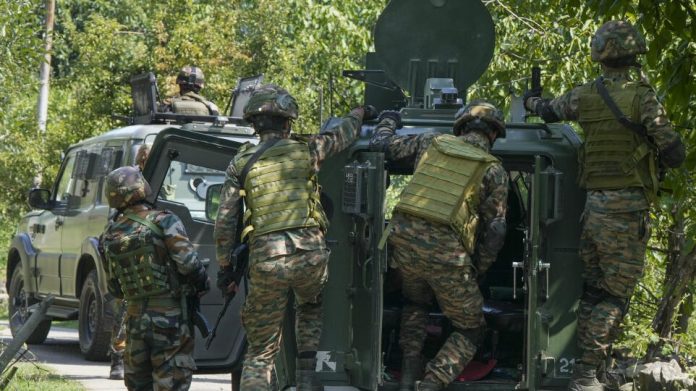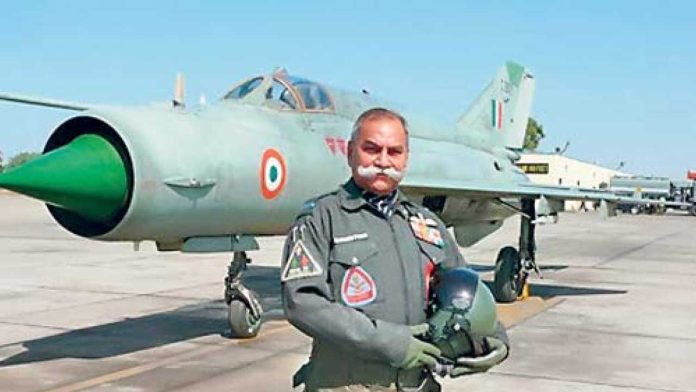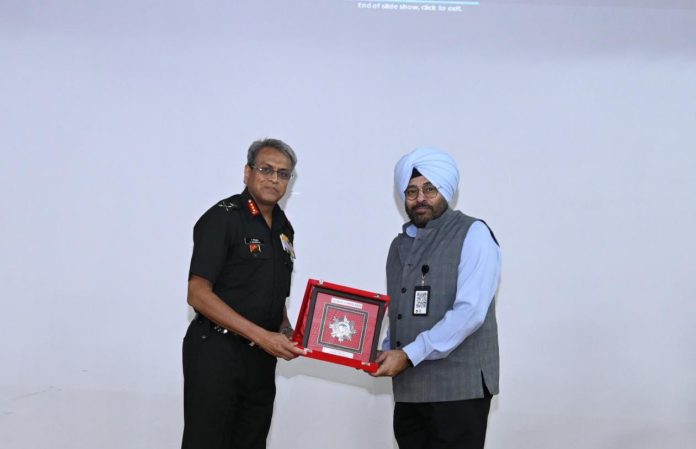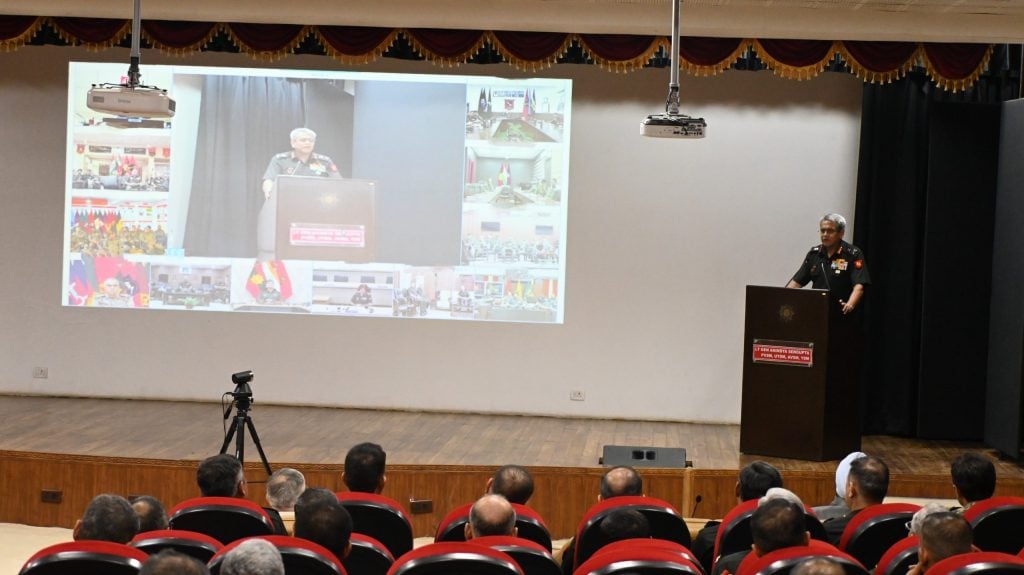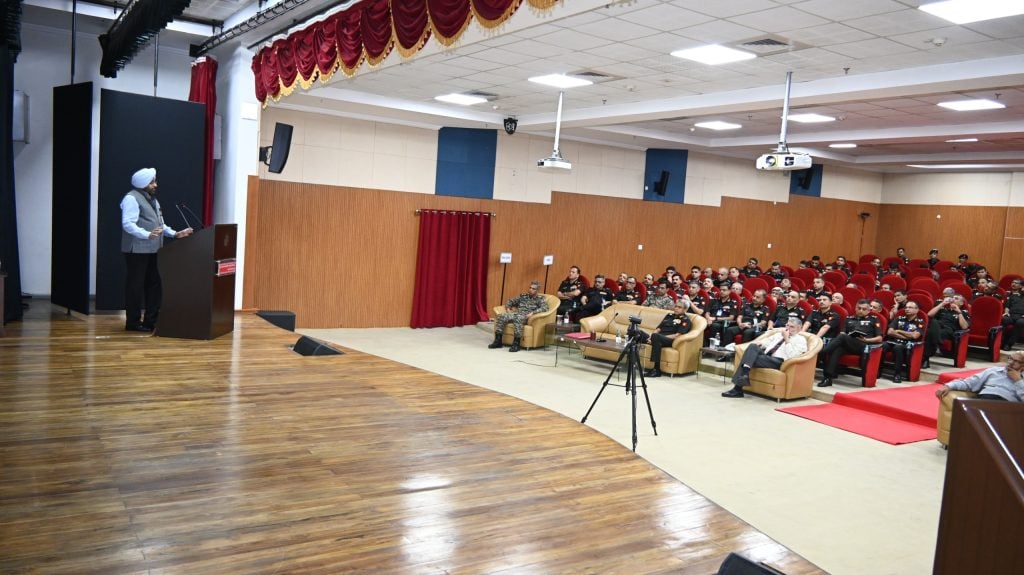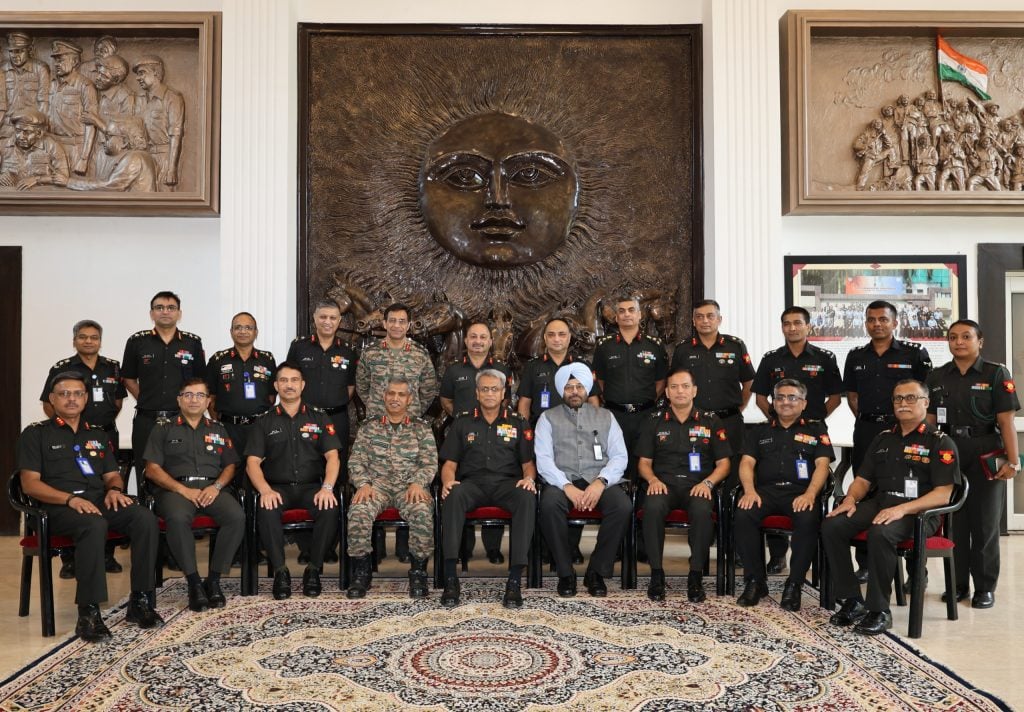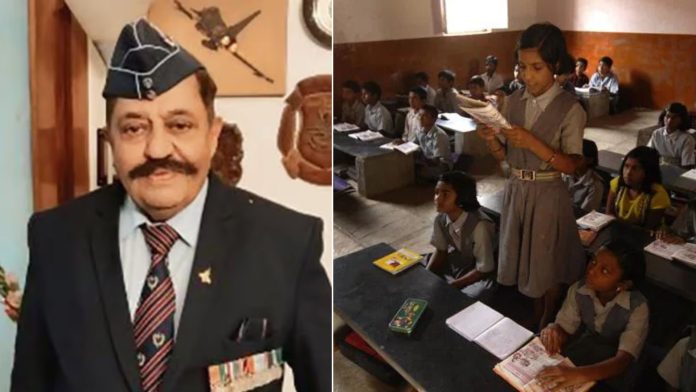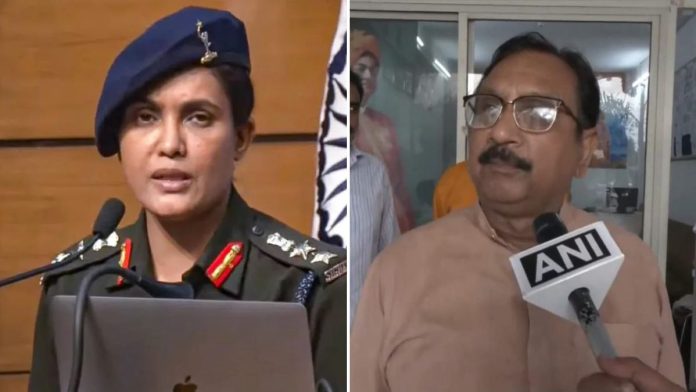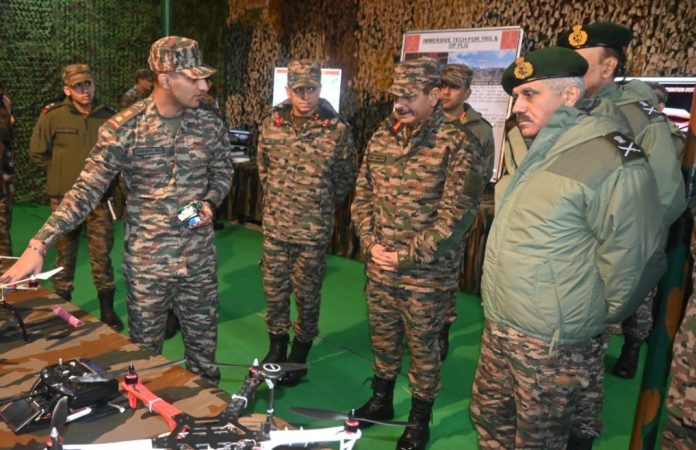Leader of Opposition Rahul Gandhi will sponsor the education of 22 children from Jammu and Kashmir’s Poonch district who lost one or both parents in Pakistan shelling during Operation Sindoor, senior Congress leader Tariq Hameed Karra announced on Monday.
Speaking to reporters in Rajouri, Karra said the initiative follows Gandhi’s visit to Poonch in the aftermath of heavy cross-border shelling and drone attacks by Pakistan from May 7 to 10. The attacks were in response to Indian missile strikes on terror infrastructure across the Line of Control following the April 22 Pahalgam terror attack.
Poonch alone reported 13 civilian deaths, the highest in the region, out of a total of 28 fatalities during the Pakistani offensive. Several children were left orphaned or lost their primary breadwinners, prompting Gandhi to ask Congress leaders to compile a list of school-going children in need of support.
“A lot of civilian casualties and damage to properties took place in Poonch and Rajouri. Rahul Gandhi visited the bereaved families and instructed us to identify children who lost a parent or both, especially those who were dependent on them for education. We have submitted a list of 22 such children from Poonch, and more names may be added,” Karra said.
The Congress leader said he will visit Poonch on Tuesday to distribute the educational assistance on Gandhi’s behalf.
“This is a personal gesture by Rahul Gandhi to ensure the children’s education does not suffer due to the tragedy. It is aimed at giving them a sense of security and continuity,” he added.
Karra also clarified that there were no rifts with pre-poll ally National Conference but pointed out the Congress was still waiting for a coordination committee with the ruling party to be formed, even nine months after the elections.
Leader of Opposition Rahul Gandhi will sponsor the education of 22 children from Jammu and Kashmir’s Poonch district who lost one or both parents in Pakistani shelling during Operation Sindoor, senior Congress leader Tariq Hameed Karra announced on Monday.
Speaking to reporters in Rajouri, Karra said the initiative follows Gandhi’s visit to Poonch in the aftermath of heavy cross-border shelling and drone attacks by Pakistan from May 7 to 10. The attacks were in response to Indian missile strikes on terror infrastructure across the Line of Control following the April 22 Pahalgam terror attack.
Poonch alone reported 13 civilian deaths, the highest in the region, out of a total of 28 fatalities during the Pakistani offensive. Several children were left orphaned or lost their primary breadwinners, prompting Gandhi to ask Congress leaders to compile a list of school-going children in need of support.
“A lot of civilian casualties and damage to properties took place in Poonch and Rajouri. Rahul Gandhi visited the bereaved families and instructed us to identify children who lost a parent or both, especially those who were dependent on them for education. We have submitted a list of 22 such children from Poonch, and more names may be added,” Karra said.
The Congress leader said he will visit Poonch on Tuesday to distribute the educational assistance on Gandhi’s behalf.
“This is a personal gesture by Rahul Gandhi to ensure the children’s education does not suffer due to the tragedy. It is aimed at giving them a sense of security and continuity,” he added.
Karra also clarified that there were no rifts with pre-poll ally National Conference but pointed out the Congress was still waiting for a coordination committee with the ruling party to be formed, even nine months after the elections.
